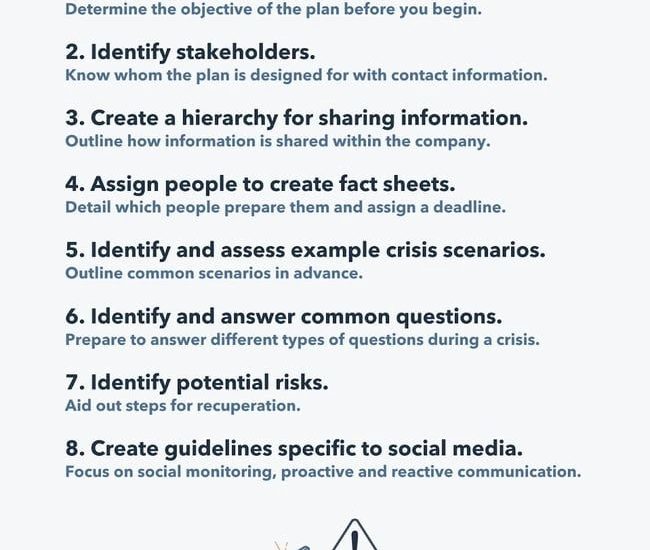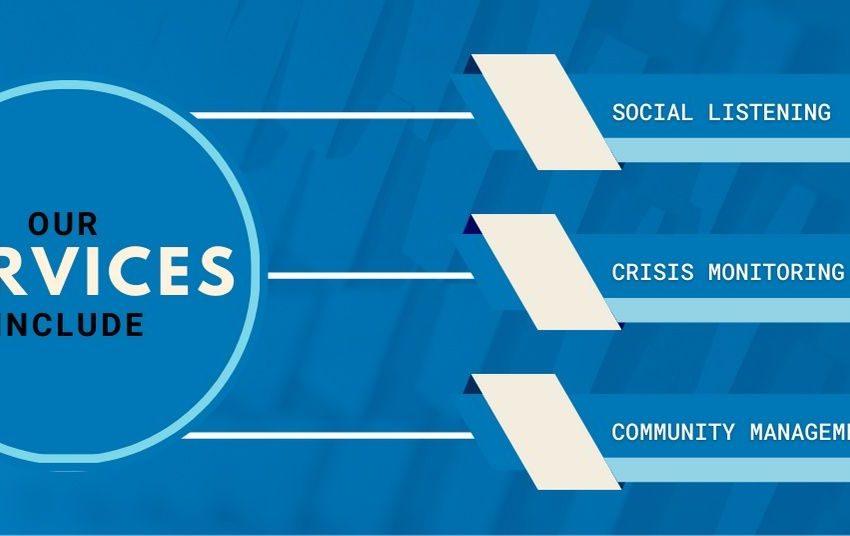Navigating a PR Crisis: Best Practices for Businesses
In today’s fast-paced digital world, businesses are more susceptible than ever to facing a public relations crisis. Whether it’s a social media faux pas, a product recall, or a high-profile scandal, how a company handles a PR crisis can make or break its reputation. In this article, we will discuss some best practices for businesses to navigate a PR crisis effectively and come out stronger on the other side.
1. Be Transparent and Honest
One of the most important things a company can do when facing a PR crisis is to be transparent and honest with its customers, employees, and the public. Hiding the truth or trying to cover up mistakes will only make the situation worse. By owning up to the problem and providing clear and accurate information, a company can begin to rebuild trust with key stakeholders.
Example:
When Samsung’s Galaxy Note 7 phones started catching fire in 2016, the company faced a major PR crisis. Instead of denying the issue or downplaying its severity, Samsung issued a global recall and offered refunds or replacements to affected customers. By being transparent and proactive in addressing the problem, Samsung was able to salvage its reputation in the long run.
2. Have a Crisis Communications Plan in Place
Every business should have a crisis communications plan in place before a PR crisis occurs. This plan should outline key stakeholders to contact, steps to take to address the issue, and key messaging to communicate to the public. By having a plan in place, a company can respond quickly and effectively to a crisis, minimizing the damage to its reputation.
Example:
When Chipotle faced a series of food safety issues in 2015, the company had a crisis communications plan in place that allowed it to quickly communicate with customers and stakeholders. Chipotle closed several of its locations, implemented new food safety protocols, and launched a major PR campaign to win back customers’ trust. This proactive approach helped Chipotle bounce back from the crisis stronger than ever.
3. Monitor and Respond on Social Media
In today’s digital age, social media can amplify a PR crisis within minutes. It’s crucial for businesses to monitor social media channels closely during a crisis and respond to comments and messages in a timely and appropriate manner. By engaging with customers on social media, a company can show that it is taking the situation seriously and actively working to resolve the issue.
Example:
When United Airlines faced a PR crisis in 2017 after a passenger was forcibly removed from a flight, the company’s initial response on social media was widely criticized. United’s CEO eventually issued a public apology and announced changes to company policies, but the damage to the airline’s reputation had already been done. This example shows the importance of monitoring and responding on social media during a crisis.
4. Learn from the Crisis and Make Changes
After a PR crisis has been resolved, it’s important for a company to reflect on what went wrong and make changes to prevent similar issues from occurring in the future. Whether it’s updating internal processes, training employees on crisis communications, or implementing new quality control measures, learning from a crisis can help a business emerge stronger and more resilient.
Example:
After the data privacy scandal involving Cambridge Analytica in 2018, Facebook implemented new privacy policies and launched a major campaign to regain users’ trust. The company also hired a Chief Privacy Officer and made changes to its advertising platform to prevent similar data breaches from happening in the future. By learning from the crisis, Facebook was able to improve its reputation and credibility among users.
Conclusion
In today’s constantly connected world, businesses are at a higher risk than ever of facing a public relations crisis. By being transparent and honest, having a crisis communications plan in place, monitoring and responding on social media, and learning from the crisis, companies can navigate PR crises effectively and come out stronger on the other side. Remember, how a business handles a crisis can have a lasting impact on its reputation and success in the long run.
References
– https://www.forbes.com/sites/forbescommunicationscouncil/2021/08/09/effective-crisis-communication-strategies-how-to-manage-a-pr-crisis/?sh=18e2131e5f02
– https://www.prsa.org/press-room/pr-crisis-hub/#.Yj8ivfQzZPZ


